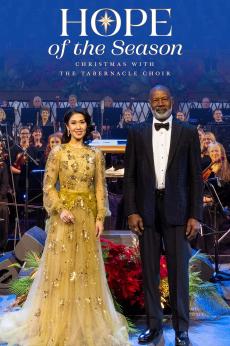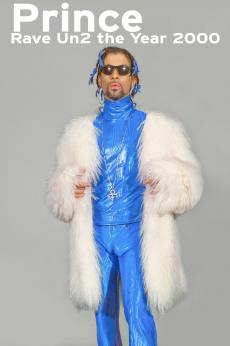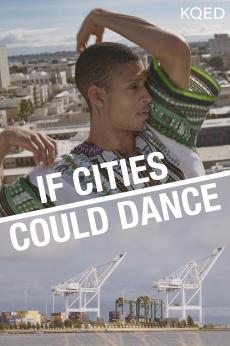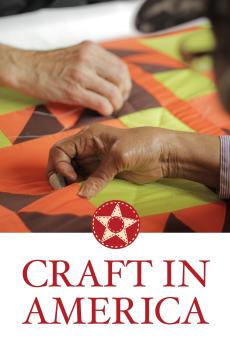Schedule
There is no broadcast information available at this time.
PBS PASSPORT
Stream tens of thousands of hours of your PBS and local favorites with WETA+ and PBS Passport whenever and wherever you want. Catch up on a single episode or binge-watch full seasons before they air on TV.
Similar Shows
Poster Image

The Avett Brothers at Red Rocks
Arts and Music
Poster Image

INXS: Live Baby Live
Arts and Music
Poster Image

Christmas With The Tabernacle Choir
Arts and Music
Poster Image

The Art of Home: A Wind River Story
Arts and Music
Poster Image

Prince Rave Un2 The Year 2000
Arts and Music
Poster Image

State of the Art
Arts and Music
Poster Image

Sound Field
Arts and Music
Poster Image

If Cities Could Dance
Arts and Music
Poster Image

Poetry in America
Arts and Music
Poster Image

Craft in America
Arts and Music